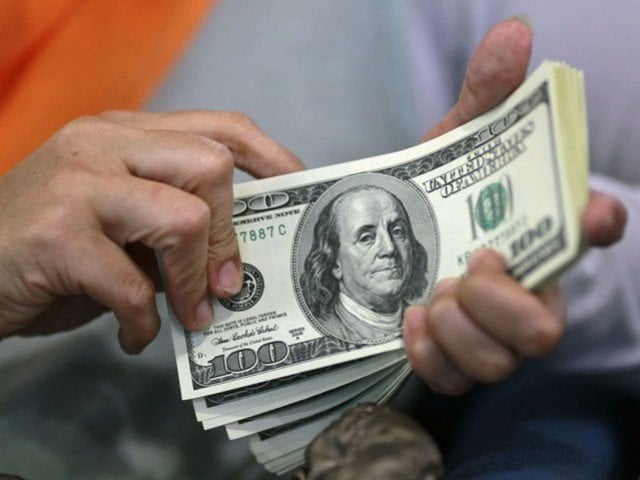KARACHI:
In September 2024, worker remittances from Pakistanis living outside the country reached $2.85 billion. According to data released by the State Bank of Pakistan (SBP), this brought the total amount of remittances to a record $8.8 billion in the first quarter of the fiscal year 2024–25.
The country’s import-dependent economy will be supported by these substantial inflows, which are anticipated to assist in maintaining foreign exchange reserves and stabilizing the rupee. They will also be crucial in limiting the current account deficit and ensuring that maturing foreign debt is paid back on time.
When compared to September 2023, the inflows increased 29% year-over-year. However, they fell below the $3 billion mark after maintaining that level for the previous two months, a decrease of 3% from August 2024. Remittances in September remained above the monthly average of $2.5 billion for FY24, despite the slight decline.
The country received its highest-ever quarterly remittances of $8.8 billion in the first quarter of FY25, according to Arif Habib Limited, a 39% increase over the previous year. According to the central bank, the rise was caused by the stability of the Pakistani rupee, a narrowing gap between open market and interbank exchange rates, and an increasing number of Pakistani workers moving abroad.
According to Topline Securities, the highest amount ever recorded for September was $2.85 billion. Analysts predict that these substantial inflows will contribute to the rupee’s stability and control of the current account deficit. Experts also pointed to a shift in the channels through which money is sent back, with a greater number of non-resident Pakistanis choosing legal channels like banks and exchange companies over informal hawala-hundi networks. Better conversion rates offered through official channels prompted the change. The hawala-hundi operator network, which was smuggling foreign currency out of Pakistan, has also been dismantled by the government, central bank, and law enforcement agencies.
As expatriates send money home to support their families, the steady rise in remittances is also attributed to the rising number of Pakistanis moving abroad in search of employment. Due to continued economic expansion in Middle Eastern countries, where many Pakistani expatriates reside, and monetary easing in the West, analysts anticipate that the flow of remittances will remain robust.
The SBP recently increased incentives for banks and exchange companies in order to further encourage remittance inflows. The purpose of these measures is to ensure that the substantial flow of remittances continues and has a positive effect on the national economy.



